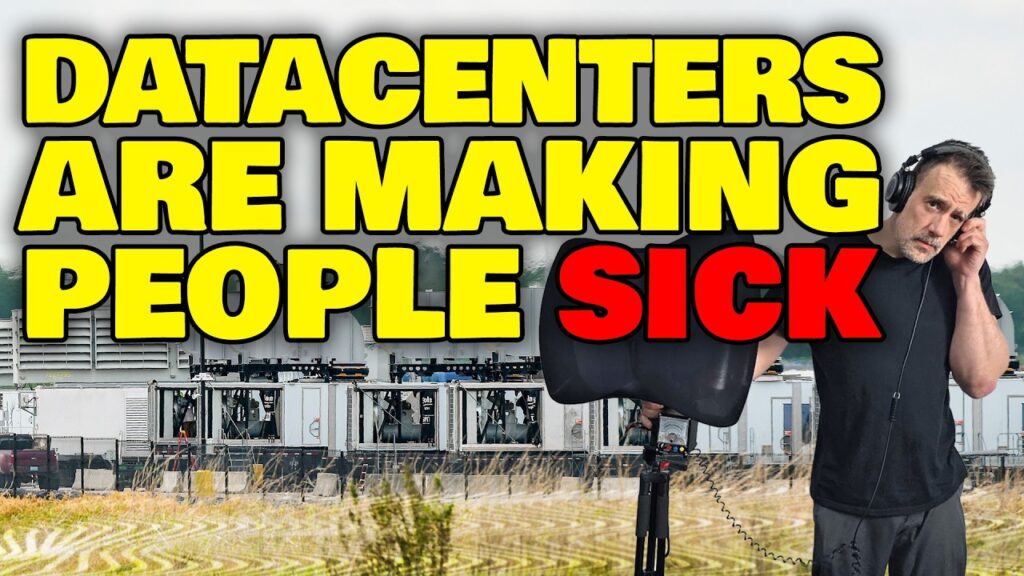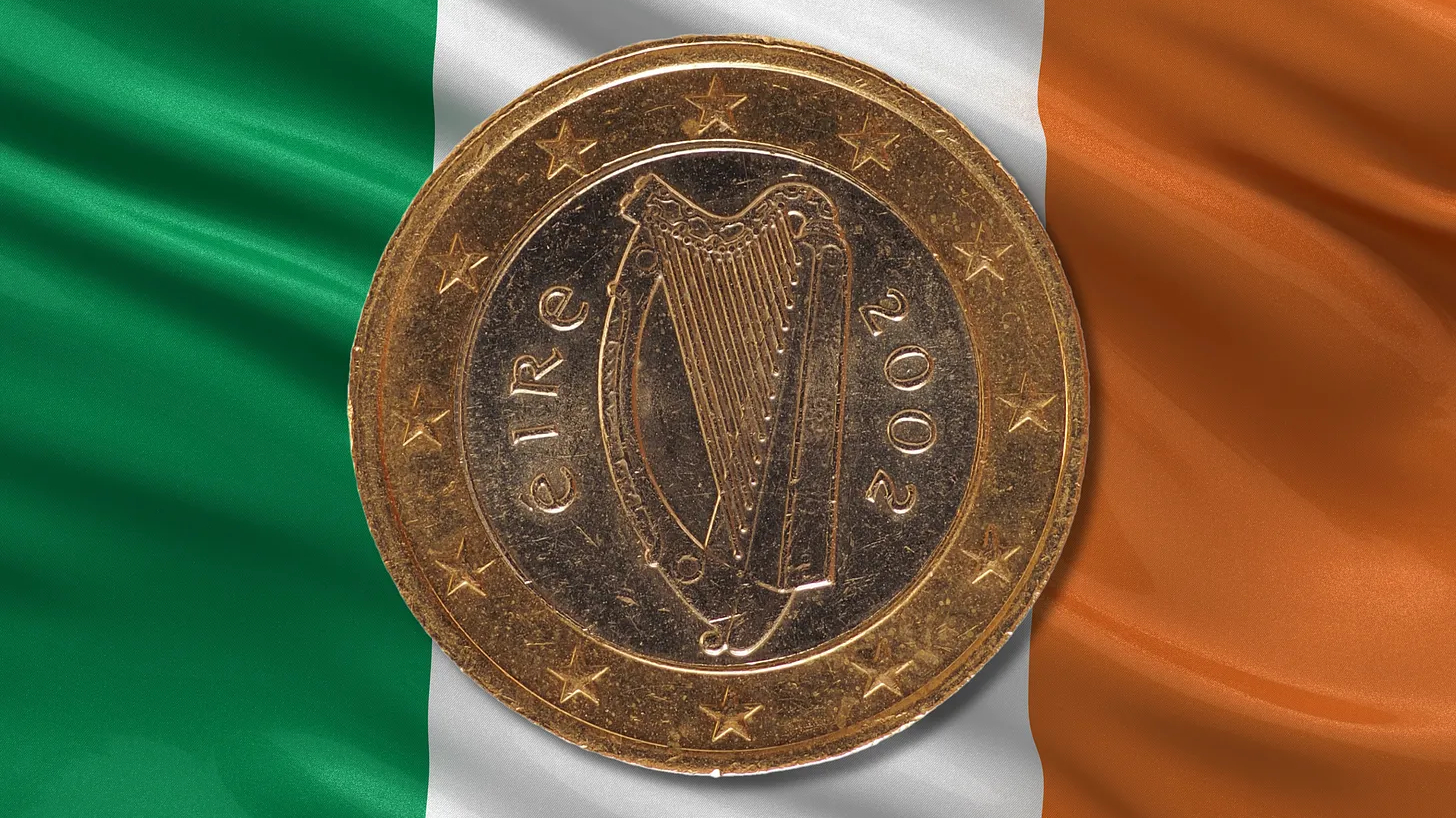By Breeauna Sagdal
Ireland is set to require supermarkets, pharmacies, gas stations, and other essential retailers to accept cash by late 2025, a move that will make it one of the first EU nations to tackle the cashless creep spreading across Europe. The new law not only mandates cash acceptance in key sectors but also locks in ATM access by preventing machines from being removed.
Until now, Ireland’s contract law merely has required that cash be accepted if it is to settle a debt. A legal loophole has existed that allows businesses to refuse cash as long as customers are notified before a service has been rendered.
As a result, the Irish are increasingly being met with “Card Only” notification signs across businesses, retailers, and grocers, and it’s sparking real-world frustration as elderly shoppers, low-income, and unbanked families are turned away—unable to buy groceries and basic necessities.
With contactless payments surging to 37% of all transactions, Ireland also faces risks over privacy, system failures, fraud, and security breaches stemming from cyberattacks on financial institutions and debt collection agencies.
In a staggering report from the Central Bank of Ireland, the country lost €160m in 2024 to card processing fraud. The result of cyberattacks flooding the dark web with stolen bank card information, contactless chip reader devices, and phishing scams, Ireland has quickly become ninth on the list of most affected countries in Europe.
Now, the Finance (Provision of Access to Cash Infrastructure) Act 2025, having advanced through the Irish Parliament (the Oireachtas) and been signed by the president, aims to close the legal loophole and quietly encourage more cash use. Michael McGrath, the Finance Minister at the time of the bill’s introduction in 2024, stated,
“We must ensure cash remains present, available, and accepted—especially for essentials.”
Ireland’s cash acceptance law appears to be aimed equally at legal protections and lessons learned from neighboring countries.
In France, for example, a legal requirement that businesses accept cash has been in place since 1984. However, as covered in a recent interview with Vanessa Biard-Schaeffer, host of Solari’s Via Europa Series, the 40-year-old legal mandate for cash acceptance is being quietly eroded through lax enforcement and vanishing ATMs—resulting in lower cash usage. These barriers to cash in France appear to have played a role in the drafting of Ireland’s bill.
Interestingly, the Irish bill aligns with a more recent legislative push by the European Commission and the European Central Bank (ECB), aimed at protecting cash as a “public good.” (At the same time, however, the European Commission and ECB are moving full steam ahead with plans for a digital euro.) According to an August 2025 ECB article:
“The demand for cash during crises, such as the 2008 financial crisis, the European sovereign debt crisis and the COVID-19 pandemic, underscores its importance, especially in turbulent times.”
Ireland’s bill means that cash won’t just be acknowledged as legal tender—it will be legally protected. However, the current pushback in France—with a growing #OnPayeCash (“We pay in cash”) movement—serves as a reality check and stark reminder that even when laws are on the books, they are not always enforced. Thus, freedom is an action that must be practiced daily.
If you would like to learn more about the Cash Movement, consider becoming a Solari Cash Substack subscriber or learn about our 60-Day Cash Challenge.























































































































